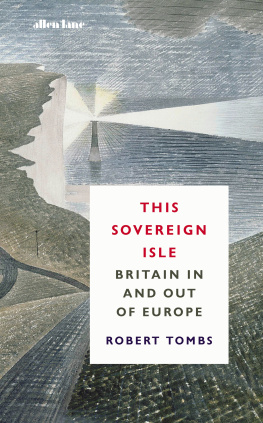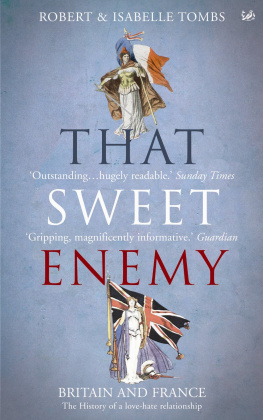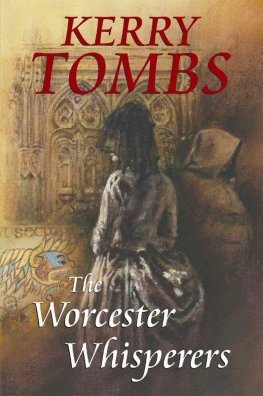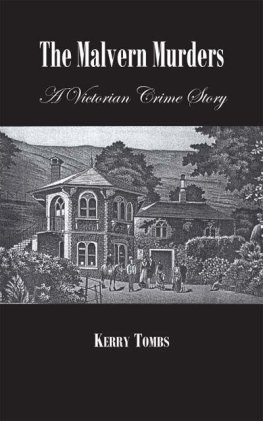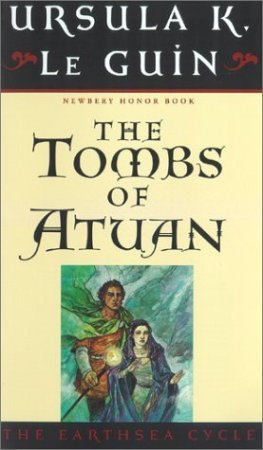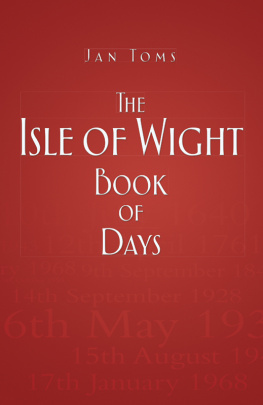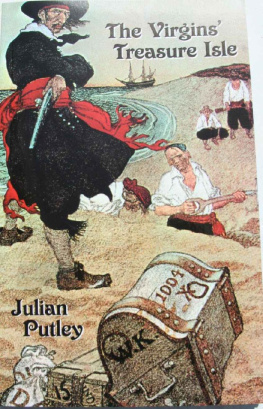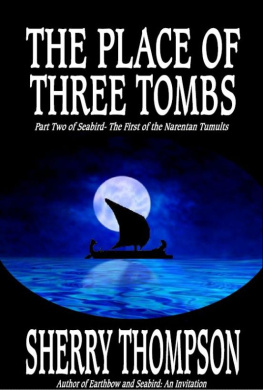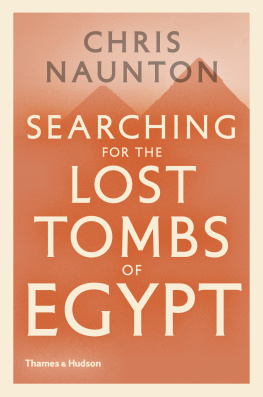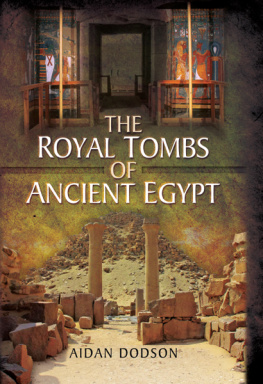Robert Tombs - This Sovereign Isle
Here you can read online Robert Tombs - This Sovereign Isle full text of the book (entire story) in english for free. Download pdf and epub, get meaning, cover and reviews about this ebook. year: 2021, publisher: Penguin Books Ltd, genre: Politics. Description of the work, (preface) as well as reviews are available. Best literature library LitArk.com created for fans of good reading and offers a wide selection of genres:
Romance novel
Science fiction
Adventure
Detective
Science
History
Home and family
Prose
Art
Politics
Computer
Non-fiction
Religion
Business
Children
Humor
Choose a favorite category and find really read worthwhile books. Enjoy immersion in the world of imagination, feel the emotions of the characters or learn something new for yourself, make an fascinating discovery.
- Book:This Sovereign Isle
- Author:
- Publisher:Penguin Books Ltd
- Genre:
- Year:2021
- Rating:4 / 5
- Favourites:Add to favourites
- Your mark:
- 80
- 1
- 2
- 3
- 4
- 5
This Sovereign Isle: summary, description and annotation
We offer to read an annotation, description, summary or preface (depends on what the author of the book "This Sovereign Isle" wrote himself). If you haven't found the necessary information about the book — write in the comments, we will try to find it.
This Sovereign Isle — read online for free the complete book (whole text) full work
Below is the text of the book, divided by pages. System saving the place of the last page read, allows you to conveniently read the book "This Sovereign Isle" online for free, without having to search again every time where you left off. Put a bookmark, and you can go to the page where you finished reading at any time.
Font size:
Interval:
Bookmark:

PENGUIN BOOKS
UK | USA | Canada | Ireland | Australia
New Zealand | India | South Africa
Penguin Books is part of the Penguin Random House group of companies whose addresses can be found at global.penguinrandomhouse.com.

First published by Allen Lane in 2021
Copyright Robert Tombs, 2021
The moral right of the author has been asserted
Cover image Beachy Head, 1939, by Eric Ravilious
ISBN: 978-0-141-99503-8
This ebook is copyright material and must not be copied, reproduced, transferred, distributed, leased, licensed or publicly performed or used in any way except as specifically permitted in writing by the publishers, as allowed under the terms and conditions under which it was purchased or as strictly permitted by applicable copyright law. Any unauthorized distribution or use of this text may be a direct infringement of the authors and publishers rights and those responsible may be liable in law accordingly.
Our neighbours across the Channel, being made for free trade by the maritime character of their economic life, cannot possibly agree sincerely to shut themselves up behind a continental tariff wall.
Charles de Gaulle, 1970
If anyone ever asks me what I did during the great lockdown, the answer will be that I wrote this book. My intention had been to start on a history of monotheism, but, as with many others, my plans were altered by Brexit. I am old enough to have voted in the 1975 referendum (to stay), and although I was always suspicious of the ambitions and pretensions of European federalists, the EU seemed a fact of life, like the weather. After writing The English and Their History (to which this book is in some ways an appendix), I was occasionally asked to comment on and try to explain British political developments, including for foreign readers. Before the 2016 referendum, I predicted in an American journal that David Cameron would negotiate a compromise that would enable the UK to remain a member of the EU. After some hesitation, I voted Leave in 2016, and I recall two things that influenced that decision. One was an open meeting in Cambridge at which I asked the panel whether it might be better to stay in the EU for the time being, and leave if or when its problems became worse; and the reply by Dr Chris Bickerton (an expert on EU affairs) was that the decision was now there might not be a second chance. The second, days before the vote, was dinner at a friends house with the Nobel Prize-winning economist Kenneth Arrow, who had publicly opposed Brexit. I asked him whether leaving the EU meant economic disaster. He replied, No, there will need to be some adjustment, but certainly no disaster. Had he said the opposite, I might have voted to Remain.
Although a piece I wrote in 2017 explaining Brexit to the readers of Le Monde elicited a rather splenetic letter of denunciation signed by seventy-four colleagues something of a badge of honour I was still more a commentator than an advocate. One reason this changed was the disdainful attitude of Remainers, both prominent and obscure: I remember a fellow guest at a party in Cambridge telling me that she had finally understood why people voted Leave because her gardener and cleaning lady had explained it. When it became clear that influential groups were trying to neutralize or overturn the referendum result, I was convinced that this was potentially disastrous. I cannot quite recall the circumstances that led a tiny group of academics, myself included, to set up a website towards the end of 2017 called Briefings for Brexit, but I do remember the motive: to ensure that economic analyses contesting the prevailing anti-Brexit orthodoxy could be made public. This was my first ever venture into politics. If it has perhaps cooled a few acquaintanceships, it has made many friendships.
This book is an offshoot of that activity. It is a history: not neutral, but I trust rational and I hope fair. I am a historian of France (and, by marriage, a citizen of the Republic), and have spent most of my career writing and teaching about European history. This book reflects that background. Though primarily concerned with the well-being and future of Britain, I am also concerned for Europe, with which I have many close ties; indeed, the future of Europe and its peoples now worries me more than that of Britain.
Why take a historical approach, rather than simply analysing the political forces and economic interests of the present day? Because our relationship with Europe, our internal divisions, the EUs evolution and its present travails can only fully be understood as the interplay of many different beliefs about the past. These beliefs create conflicting understandings of the present, diverging expectations of the future, and divided loyalties and identities. The past, if carefully interrogated, helps to explain what is happening; but no outcome is predetermined by history. The past shapes our ideas and has created the circumstances in which we find ourselves, but it does not dictate how the story continues. Those who claim that history is on their side are abusing it: and the abuse of history is one of mankinds oldest cultural endeavours.
I ended the final chapter of The English and Their History by quoting G. K. Chesterton But we are the people of England; and we have not spoken yet and I added that No one had the faintest idea what they might say. This book attempts to explain what they have now said, and why. By retracing the long history of these islands relationships with their close Continent and the wider world, and then examining the more recent history of our illusions and disillusions concerning the European project, I am not suggesting that any choice was or is inevitable: indeed, I argue the opposite. The turbulence of the last few years has stemmed from the uncertainty of the outcome. Societies, like individuals, are doomed to choose their futures an unforgiving but exhilarating fate.

Notwithstanding we are insulars, we are either by our political or commercial interest connected with every power in Europe.
The Earl of Bute, secretary of state, 1762
Geography comes before history. Islands cannot have the same history as continental plains. The United Kingdom is a European country, but not the same kind of European country as Germany, Poland, or Hungary. The close Continent is the mass towards which these islands gravitate, but which they rarely join. For most of the 150 centuries during which they have been inhabited, the mainland constituted their only connection. From across the narrow seas came opportunity and danger, civilization and barbarism. Seen from the other direction, the islands were when they registered at all places of mystery and oddity, on the edge, literally and culturally.
When they enter the record in the third century BC , it is through Continental eyes, those of explorers and traders venturing to the limits of the known world. Islanders no doubt ventured to the mainland, but made no mark on its written history. The next thirteen centuries saw a succession of invasions and conquests. The Romans, first under Julius Caesar, came, went and returned in AD 43 to stay. Our earliest national myth is Boadiceas bloody rebellion. Most of the archipelago was forcibly attached for three centuries to what became Latin Christian civilization, which left an indelible mark.
Font size:
Interval:
Bookmark:
Similar books «This Sovereign Isle»
Look at similar books to This Sovereign Isle. We have selected literature similar in name and meaning in the hope of providing readers with more options to find new, interesting, not yet read works.
Discussion, reviews of the book This Sovereign Isle and just readers' own opinions. Leave your comments, write what you think about the work, its meaning or the main characters. Specify what exactly you liked and what you didn't like, and why you think so.

